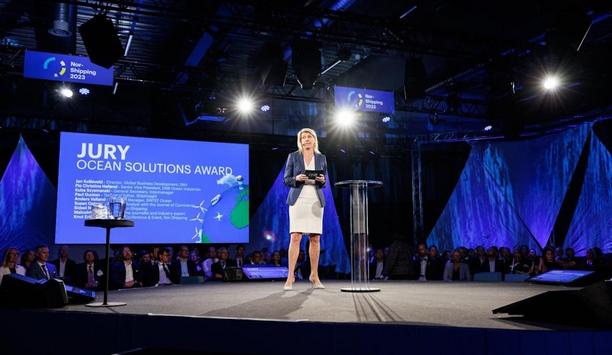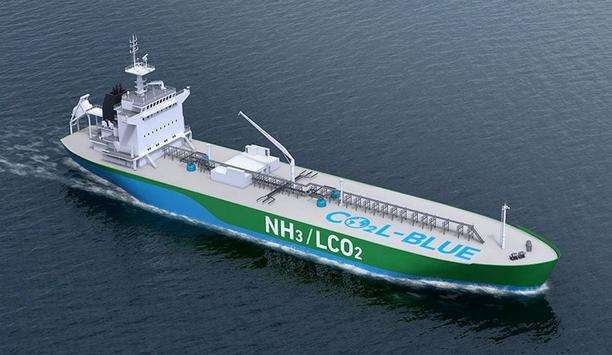The signatories of the joint statement – Aspen Shipping Decarbonization Initiative, DHL Global Forwarding, Hapag Lloyd, Kuehne + Nagel, NORDEN, Oldendorff Carriers, ONE, Torvald Klaveness, and Yara Clean Ammonia represent key parts of the value chain for decarbonised shipping.
The companies belong to the Getting to Zero coalition, which has been exploring book and claim chain of custody approaches as part of its mission to fully decarbonise the shipping industry.
Book and claim custody systems
Book and claim chain of custody systems allow the emission profile of a zero- and near-zero-emission fuel to be separated from the physical flow of that fuel in a transportation supply chain.
These systems can enable early action, even when zero- and near-zero emission fuels and vessels are in limited supply, by separating decarbonisation from the physical transportation of an organisation’s cargo.
Environmental benefits
These systems can help shipowners and fuel providers develop a business case for decarbonisation
In a book and claim system, the environmental benefits of zero- and near-zero-emission fuels are tracked and transferred across the maritime value chain. One party can purchase, or “book”, a specific quantity of zero- or near-zero-emission fuel and then “claim” the environmental benefits of it even though the fuel is physically used by another shipper in a different location.
By activating early demand from shippers and cargo owners, these systems can help shipowners and fuel providers develop a business case for decarbonisation even while preferred fuel pathways are still being determined.
Joint statement
The joint statement sets out actions the signatories will undertake to ensure that book and claim chain of custody systems succeed. The actions the nine signing companies commit to include working together to agree on the use of clear and consistent rules wherever possible and maintaining the highest standards of environmental, social and commercial integrity.
It also calls on non-industry actors like the Greenhouse Gas Protocol and the Science Based Targets initiative to recognise book and claim approaches as credible emissions reductions.
Decarbonisation policy
In order to avoid conflicts between the International Maritime Organization (IMO) regulations and book and claim systems, the signatories argue that the IMO must adopt a full life cycle, or well-to-wake, accounting of greenhouse gases.
The statement calls on the IMO, whose Marine Environment Protection Committee is meeting this week, to implement well-to-wake accounting in its own policy measures for decarbonisation.
Addressing book and claim challenges
Book and claim systems are going to be essential tools for getting decarbonisation of shipping moving"
Through this joint statement, the companies commit to working in close collaboration to address the challenges to be addressed to effectively implement the book and claim.
“Book and claim systems are going to be essential tools for getting decarbonisation of shipping moving, but they remain poorly understood, and their development risks getting bogged down in confusion and suspicion,” says Jesse Fahnestock, Project Director at Global Maritime Forum.
A transparent and credible system
“With this statement, some of the most important companies in international shipping are committing to making book and claim systems transparent, well-aligned, and environmentally credible for their customers and stakeholders."
"And they’re calling on other key players, like the Greenhouse Gas Protocol, to create a pathway for acceptance. It can’t happen soon enough.”











